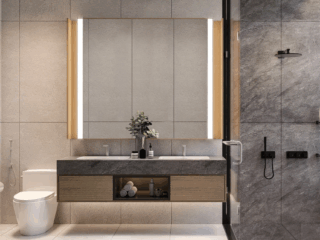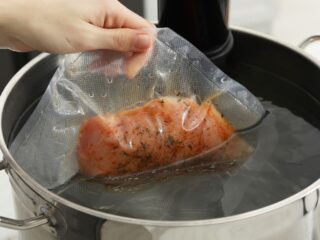
Have you ever experienced a sudden leak or a clogged drain right before hosting a dinner party?
It’s a nightmare scenario for any homeowner! Regular home plumbing maintenance can save you from these unfortunate situations and keep your plumbing system in top shape. In this article, we’ll dive into some essential tips that can help you avoid major plumbing issues and save you time and money down the line.
Understanding the Basics of Plumbing Maintenance
Before we jump into specific tips, let’s take a moment to understand why plumbing maintenance is so crucial. Your plumbing system is complex, with a network of pipes, fixtures, and appliances that all work together to deliver water and remove waste. Over time, wear and tear can lead to leaks, clogs, and other problems. Regular maintenance helps you catch issues early, preventing costly repairs and ensuring your system runs smoothly.
Common Plumbing Issues to Watch For
It’s always good to be aware of common plumbing problems that can arise. Here are a few to keep an eye on:
- Leaky Faucets: Often a sign of a worn-out washer or O-ring.
- Slow Drains: Can indicate buildup in the pipes, often from grease or hair.
- Running Toilets: Usually caused by a faulty flapper or fill valve.
- Low Water Pressure: Might result from mineral buildup or leaks in the pipes.
By keeping an eye out for these issues, you can address them before they escalate into major headaches.
Regular Inspection and Cleaning
Visual Checks
Start with simple visual checks around your home. Inspect visible pipes, fixtures, and appliances for signs of leaks or corrosion.
If you notice any damp spots on walls or ceilings, it could indicate a leak. Catching these issues early can save you from extensive damage and costly repairs.
Drain Maintenance
Next up is drain maintenance. Clogged drains can lead to backups and water damage, so it’s essential to keep them clear. You can prevent clogs by regularly cleaning your drains. Here’s a quick checklist:
|
Cleaning Method |
Frequency |
|
Flush with hot water |
Monthly |
|
Use a drain strainer |
Every time you use the sink |
|
Baking soda and vinegar |
Every few months |
Pouring a mix of baking soda and vinegar down the drain can help break down grease and buildup. Follow it with hot water for a thorough clean.
Water Heater Maintenance
Your water heater is another critical component that requires regular maintenance. To ensure it operates efficiently:
- Check the temperature: Set it to around 120°F (49°C) to prevent scalding and save energy.
- Flush the tank: Sediment can build up over time, affecting performance. Flushing the tank once a year helps remove sediment and improves efficiency.
- Inspect the anode rod: This rod prevents corrosion inside the tank. Replace it every few years to extend the life of your water heater.
Winter Preparation
If you live in a region with cold winters, preparing your plumbing for the chill is essential. Here are a few tips to avoid frozen pipes:
- Insulate Pipes: Use foam pipe insulation on any exposed pipes, especially those in unheated areas like basements or attics.
- Let Faucets Drip: During extreme cold, letting faucets drip can relieve pressure in the pipes and prevent freezing.
- Open Cabinet Doors: If you have plumbing under sinks, opening the cabinet doors allows warm air to circulate and keep pipes warm.
Know Your Main Water Shut-Off Valve
One of the best things you can do for your plumbing is to locate and know how to operate your main water shut-off valve.
In the event of a major leak or flooding, shutting off the water quickly can minimize damage. Make it a point to check this valve periodically to ensure it’s functioning properly.
DIY Repairs vs. Calling a Professional
While many plumbing tasks can be tackled as DIY projects, it’s essential to know when to call in the pros. Here are a few situations where professional help is warranted:
- Severe leaks: If you can’t identify the source or it’s a significant leak, a plumber should handle it.
- Clogged toilets: If plunging doesn’t work, you may have a deeper issue that requires specialized equipment.
- Renovations: If you’re planning any major renovations, hiring a plumber ensures everything meets code and functions properly.
Keeping Your Plumbing Records
Maintaining a plumbing maintenance log can be incredibly helpful. Record any issues, repairs, and maintenance performed on your system. This log can guide you on when to schedule future maintenance and assist any professionals who may work on your system.
Conclusion
Regular home plumbing maintenance doesn’t have to be a daunting task. By following these tips, you can keep your plumbing in great shape and avoid major issues. Remember, it’s all about catching problems early and being proactive. Whether it’s conducting routine checks, maintaining your drains, or preparing for winter, your efforts will pay off in the long run. So, roll up your sleeves, grab your toolkit, and keep those plumbing woes at bay!







